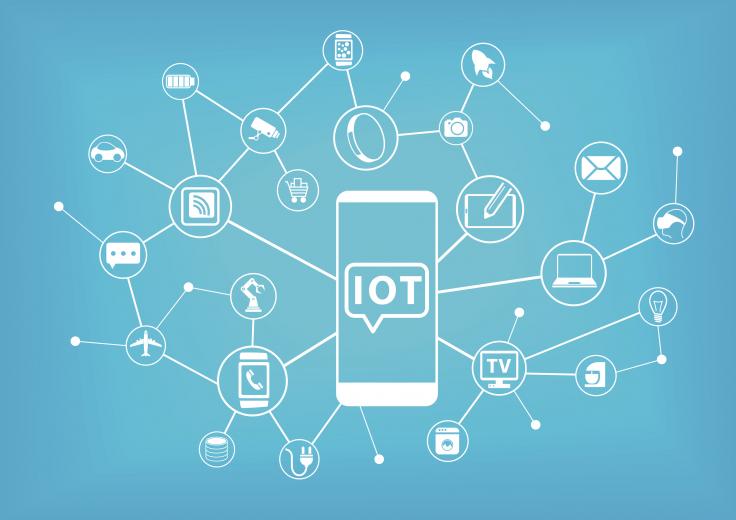1 4
1 4
Introduced around 18 months ago, PinPoint tracks cell phones’ GPS in a given area, according to Alan McKeon, CEO of Alexander Babbage, a strategy, analytics and consumer research firm that created the tool in partnership with real estate services firm JLL. By doing this, retailers can analyze where customers live and what shops they frequent most. The insights gathered aim to inform investment and marketing strategies for JLL’s clients, both on the investor and retail tenant sides.
By getting in-depth information on consumer behavior from PinPoint, landlords can tailor their tenant rosters to be more in-line with preferences of the people who frequent their shopping centers.
VirtualAPT is a virtual reality tool for real estate professionals and developers developed by a company based in Brooklyn, N.Y. The technology allows the viewer to move through the real estate space as if they were actually there, meaning retailers can use the technology to give customers the in-store shopping experience.
“Rather than just looking at pictures of products trying to compete with Amazon, you give them the shopping experience,” says VirtualAPT CEO Bryan Colin. “So, we’re recreating the in-person experience and making it online.”
Outer Realm is a virtual and augmented reality tool for real estate professionals and developers, created by a Los Angeles-based company. Outer Realm can showcase completed properties in a virtual reality tour built to scale, before construction finishes in the real world. This allows developers and brokers to showcase new developments to potential tenants interested in signing leases before the project is completed.
AI-powered retail applications can improve shopper experience through timing promotional discounts and suggesting products frequently bought together.
The iMirror by NOBAL is an iPad-like product bringing e-commerce to the in-store experience. Essentially any product you can purchase online is a fit for the iMirror. The screen allows consumers to continue shopping for other items while in the store and provides a check-out option if the customers add additional products to their carts using the iMirror.
For example, the iMirror can be placed in fitting rooms, where the screen would suggest additional items for a customer as they try on clothes. The purpose of the iMirror is to enhance retailer revenue.
The tool is available under a three-level sales model. The initial phase involves the development of the software, which includes a one-time integration fee which depends on the complexity of the experience requested. The next phase is the hardware, which can range from $2,500 to $6,000. The final phase is a monthly fee, which ranges from $50 to $300, depending on the complexity of the experience offered.
Emerging retail brands are opting to sign short-term licenses with already existing retailers instead of costlier long-term leases, with the license lasting anywhere from a week to months. For this reason, multiple platforms are popping up to make this transition easier for both landlords and brands.
Guesst is one such digital platform for retail space-sharing. The platform connects existing retailers to brands interested in renting space within an already-functioning store. Although the license is shorter than a regular lease, retailers can create a new experience for shoppers by hosting new and emerging brands. These unique experiences are what many retailers are looking to create for their customers.
Meanwhile, Neighborhood Goods curates spaces where emerging brands can sell their products on a rotating basis. The spaces also feature a bar and restaurant to increase the dwell time of customers. The first Neighborhood Goods space opened in Texas in 2018, and the company plans to open a second store in New York soon.
Storefront is an online marketplace that connects brands, e-commerce businesses and artists with space owners for short-term rentals. Along with putting retail brands into physical spaces, the site also allows landlords to list their properties and get access to thousands of renters already using the platform.

